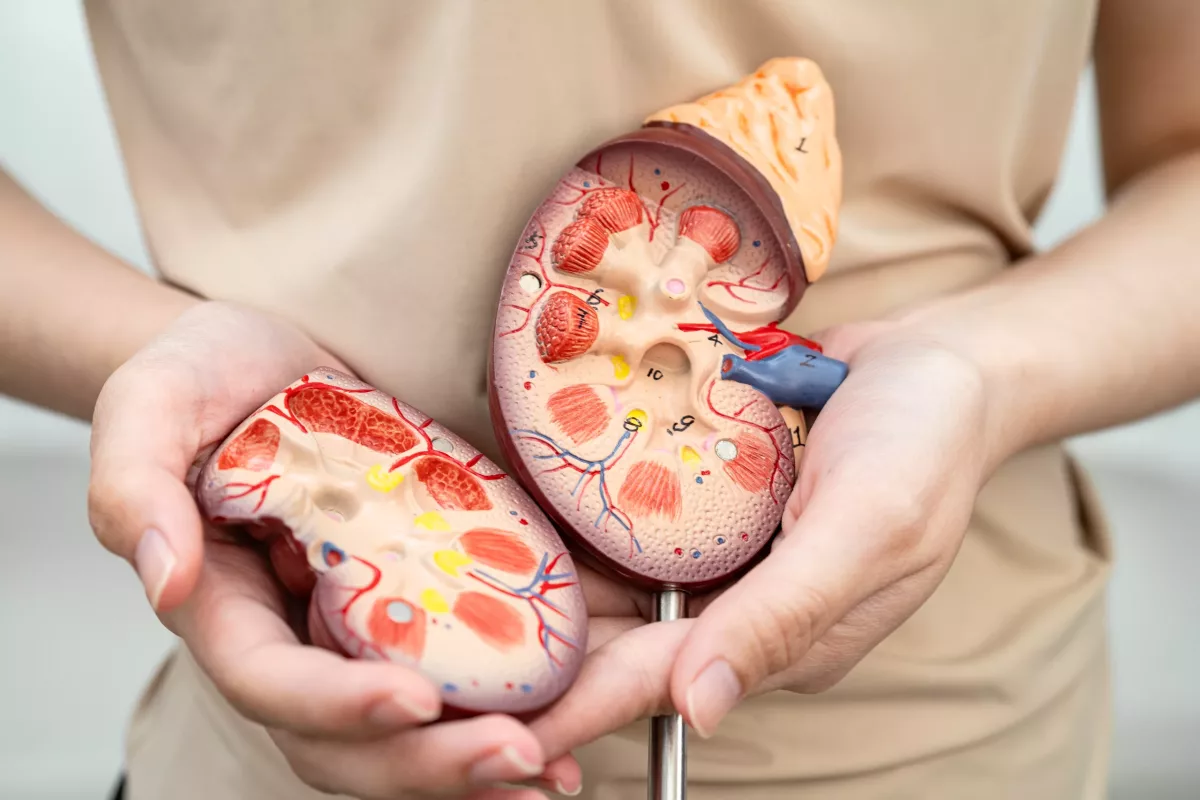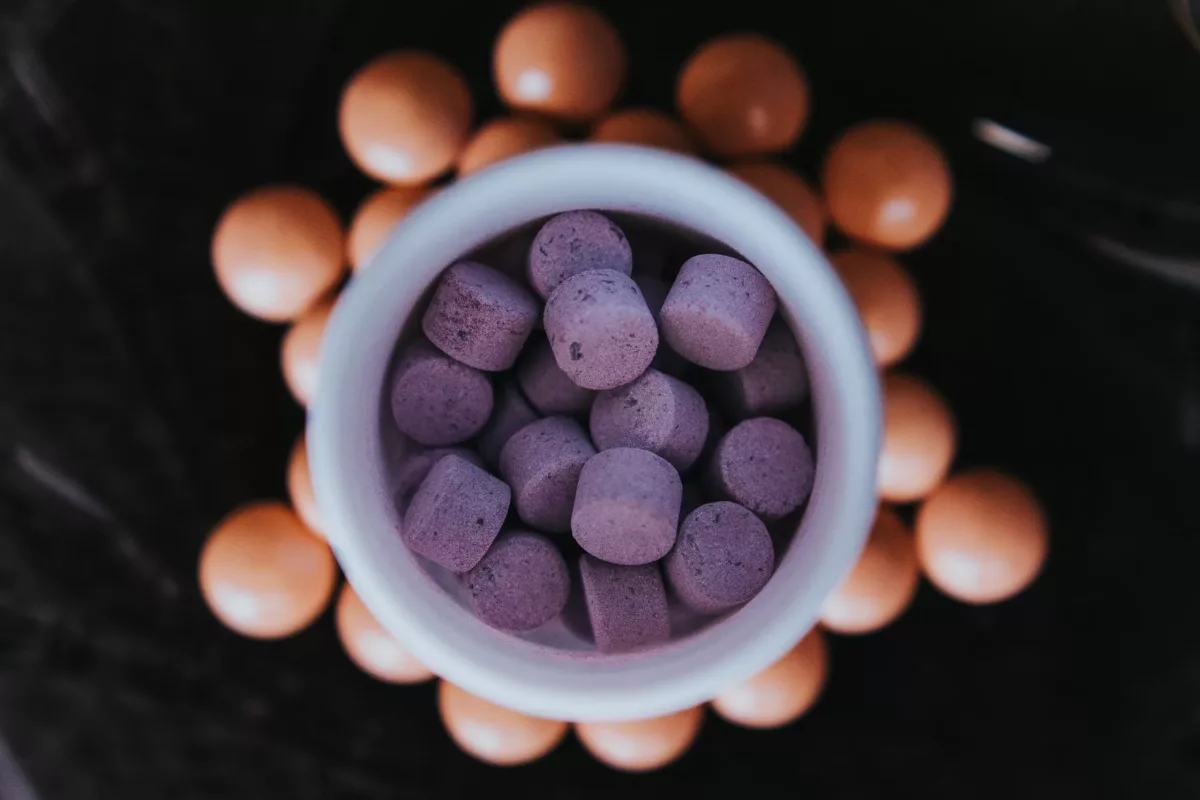A group of genetic disorders that impact the adrenal glands is called congenital adrenal hyperplasia (CAH). Two walnut-sized organs that are located above the kidneys are called adrenal glands. These glands produce certain hormones that are important for body function. For example:
- Cortisol – It is responsible for controlling the body’s response to stress and health conditions.
- Mineralocorticoids – One of them is Aldosterone, and it controls sodium and potassium levels in the blood.
- Androgens (such as Testosterone) – These are sex hormones needed for development and growth in both men and women.
Those who suffer from CAH do not have an enzyme used to produce one of the previous hormones. Check below the congenital adrenal hyperplasia types:
- Classic CAH – This is the most serious and rare type of the condition. In most cases, it is diagnosed by different tests at birth or in early infancy.
- Nonclassic CAH – This type of CAH happens more commonly and is less severe than the previous one. Sometimes, the condition may not be found until childhood or early adulthood.
Unfortunately, there are no treatments available to cure this condition. Therefore, the treatment goal is to reduce the symptoms and improve your quality of life.
Symptoms
The symptoms appear differently among people with CAH because they depend on which gene is affected, the type of enzyme that is not enough, and others. Usually, hormones produced by the adrenal glands in people with CAH are out of balance, which may lead to multiple problems. Check below some symptoms according to the CAH type:
Classic CAH
- Reduced Cortisol levels – When classic CAH occurs, people usually do not have enough Cortisol in the blood. As a result, it may lead to blood pressure and blood sugar problems and reduced energy. Moreover, people with reduced Cortisol levels may experience certain health problems when engaging in physical stress.
- Adrenal crisis – This can be life-threatening and is caused by a lack of Cortisol, Aldosterone, or both.
- Unusual look of the external genitals – These include enlarged clitoris, partly closed labia, and one opening for both the vagina and the urethra instead of two in females. In men with classic CAH, genitals look typical and in some cases may appear enlarged.
- Increased Androgen levels – Excessive sex hormones may lead to short height and early puberty for males. Furthermore, pubic hair and other signs of puberty usually appear very early. Sometimes, severe acne may occur. Females with excessive levels of Androgen hormones may have facial hair, a deeper voice, and other unusual characteristics.
- Altered growth – Classic CAH may cause children to grow too fast, but the final height may be less than average.
- Fertility problems – These include irregular menstrual periods or lack of them at all, infertility in females. In some cases, infertility may happen in men, but it is less common.
Nonclassic CAH
In most cases, symptoms of this CAH type do not appear at birth. Moreover, some people never experience nonclassic CAH symptoms. Usually, this CAH type is found during routine tests. When symptoms occur, they often appear in late childhood or early adulthood. Check below some symptoms that may appear in females:
- Irregular or lack of menstrual periods
- Inability to get pregnant
- Unusual features (including facial hair, increased body hair, deeper voice, and others)
In some cases, nonclassic CAH may be confused with another condition called polycystic ovary syndrome. Check below some symptoms that may occur in children of both sexes:
- Severe acne
- Fast growth during childhood
- Reduced final height
- Early puberty (such as pubic hair and others)
Commonly, the classic type of the disease is found at birth during routine tests, or when doctors notice that the genitals look different. However, if you notice that your child has problems with growth and development, it may indicate nonclassic CAH. Thus, it is advised to see a doctor.
If you experience any of the previous symptoms or are planning to become pregnant but have an elevated risk of CAH, do not hesitate to visit a doctor.
Causes
Mostly, CAH occurs due to a lack of the enzyme protein called 21-hydroxylase. In some cases, this condition is called 21-hydroxylase deficiency. This enzyme is important because it is used to make hormones. In rare cases, a lack of rare enzymes causes CAH.
CAH is a genetic disorder that means it passes from biological parents to biological children, and it is present at birth. Children develop CAH when both parents carry the abnormal gene or they have it themselves. In such cases, it is called an autosomal recessive inheritance pattern.
Some people may carry the CAH gene but have no symptoms. Such people are often called silent carriers. Thus, if the carrier becomes pregnant, the abnormal gene may be passed to the baby. Generally, it is recommended to perform some tests to make sure you do not have these mutated genes.
Risk Factors
Check below some factors that could increase your risk of developing CAH:
- Parents with CAH (also known as a family history of the disease)
- Biological parents are carriers of the abnormal gene
- People of Ashkenazi Jewish, Latino, Mediterranean, Yugoslav, or Yup’ik descent
What Are The Possible Complications of Congenital Adrenal Hyperplasia?
One life-threatening complication that may occur in people with CAH is adrenal crisis, and it requires immediate treatment. While it may appear right after birth, it can be triggered at any age by physical stress (such as surgery), infectious diseases, and others. When an adrenal crisis occurs, it may cause certain symptoms due to reduced Cortisol levels in the blood. These include:
- Seizures
- Shock
- Coma
- Decreased blood sugar levels
- Confusion
- Dehydration
- Diarrhea
- Vomiting
In some people, both Aldosterone and Cortisol levels may be extremely reduced. Thus, they can experience dehydration, reduced sodium, and increased potassium levels. Both types of the disease may cause infertility and irregular menstrual cycles.
In addition, the nonclassic type of CAH does not cause adrenal crisis.
Prevention
There is no sure way to prevent the condition. The only thing you can do is genetic testing to check for the abnormal gene that causes CAH before becoming pregnant. Discuss with your healthcare provider for more details.
Diagnosis
Physicians may diagnose this condition during pregnancy, after birth, in childhood, or later in life. Check below some tests used to diagnose CAH:
Prenatal Testing
- Amniocentesis – It involves a needle to get a small sample of fluid from the womb (also called amniotic fluid). This sample is tested in the laboratory to check for abnormal cells.
- Chorionic villus sampling – This test involves the removal of the cells from the placenta (an organ that provides the fetus with nutrients and oxygen).
Newborns and Infants
There are multiple countries (including the United States) in which newborns are routinely tested for deficiency of 21-hydroxylase. This test is recommended in the first few days of life. However, it can diagnose only the classic form of CAH.
Additional tests can be performed by doctors if they notice that the genitals look different in female infants. In most cases, they perform an ultrasound to check for reproductive organs (including uterus, ovaries, and others).
Children and Adults
- Physical examination – During this procedure, doctors will check blood pressure and heart rate. If CAH is suspected, they can perform additional blood and urine tests.
- Blood and urine tests – These tests are used to check levels of adrenal gland hormones.
- X-ray – It is usually done when the child’s bones are larger than typical for his/her age.
- Genetic testing – It involves blood tests to check for abnormal genes that cause CAH.
Treatment
Usually, healthcare professionals refer children with CAH to pediatric endocrinologists and adults to endocrinologists. However, the treatment team may include other specialists as well. For example:
- Urologists (physicians specialized in treating urinary tract conditions)
- Psychologists (mental health professionals)
- Reproductive endocrinologists (doctors who find and treat female reproductive system conditions)
- Geneticists (experts in genes)
The previous team usually treats CAH with medicines, surgery, and mental health support.
Medicines
The treatment goal is to reduce the amount of excessive hormones and replace hormones the body lacks. Usually, those who suffer from classic CAH may manage the disease with hormone replacement medications that are often taken for life.
While people with nonclassic CAH do not need treatment or small Corticosteroid doses, classic CAH requires high doses that are taken daily. Check below some medicines used in people with CAH:
- Corticosteroids (these medications help replace Cortisol)
- Mineralocorticoids are used to replace Aldosterone and maintain salt in the body
- Salt supplements also help keep minerals in the body
Along with previous medicines, regular checkups are recommended to make sure they work. These include:
- Physical examination to check for a child’s growth and development, including height, weight, blood pressure, and bone growth.
- Verifying for adverse reactions – The medicines used to treat CAH may give you some negative effects, including delayed growth, loss of bone mass, and others.
- Regular blood tests – These tests are used to check hormone levels.
In addition, high Cortisol levels are often associated with Cushing syndrome. This condition may lead to type 2 diabetes, bone loss (osteoporosis), hypertension (high blood pressure), and other health problems.
Reconstructive Surgery
Sometimes, female infants with CAH may have outer genitals different than typical. Therefore, physicians may recommend reconstructive surgery as a part of treatment. It may help the genitals function better and improve their appearance.
During reconstructive procedures, surgeons will make the clitoris smaller and rebuild the vaginal opening. However, people with this condition usually need more cosmetic surgeries later in life.
Frequently Asked Questions
What causes congenital adrenal hyperplasia?
In most cases, this condition occurs due to a lack of an enzyme protein called 21-hydroxylase. This enzyme is very important because it is used to make hormones responsible for proper body function.
What are the symptoms of CAH in newborns?
If CAH is not treated, it may cause some symptoms in newborns. These include:
- Diarrhea
- Dehydration
- Weight loss
- Vomiting
- Shock
- Heart rhythm problems
- Coma or even death
Discuss with your healthcare professional about treatment if your baby is at risk of developing CAH.
What is the life expectancy of someone with congenital adrenal hyperplasia?
With treatment, people with CAH have a normal life expectancy. Moreover, intellectual disabilities linked with CAH are not known. If you have additional questions, ask your healthcare provider.




